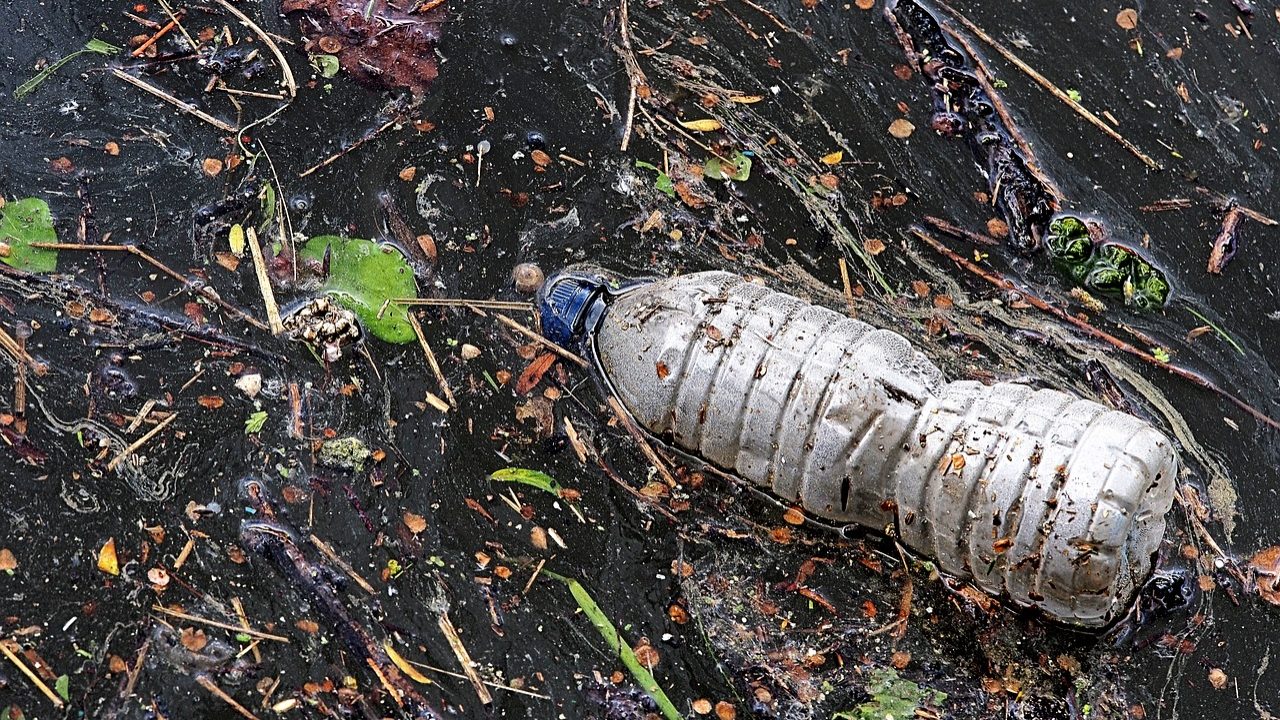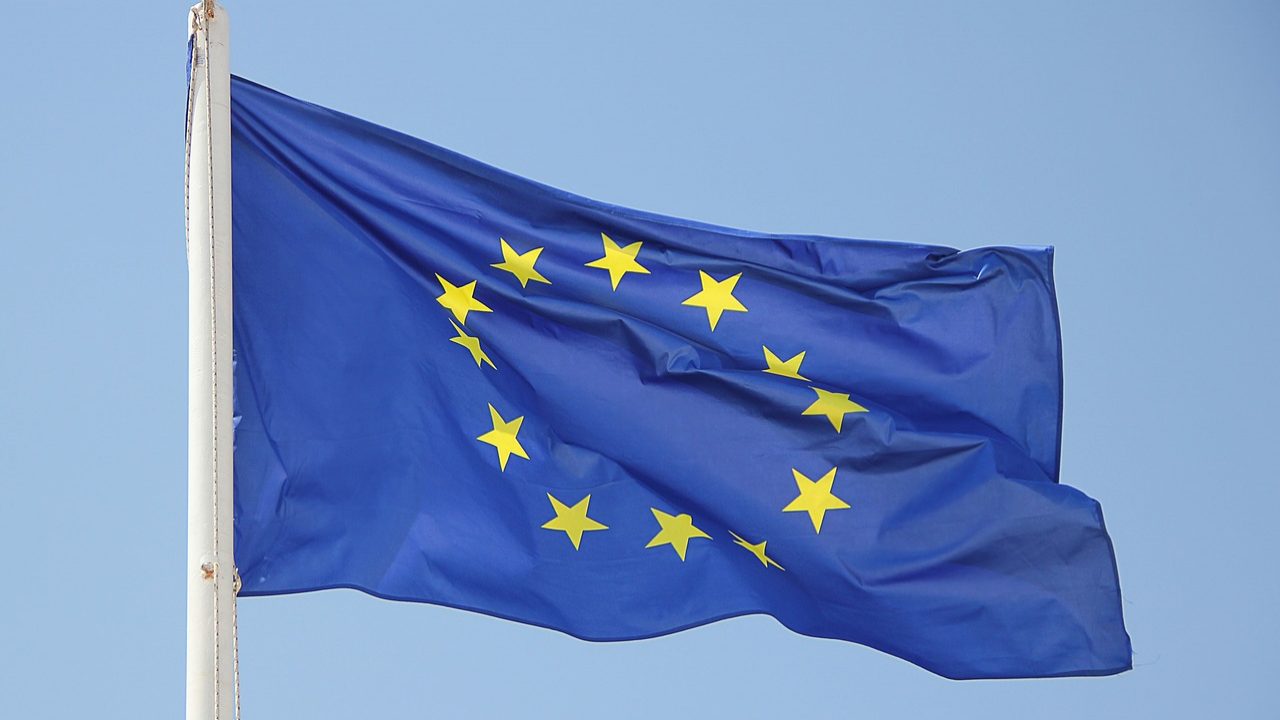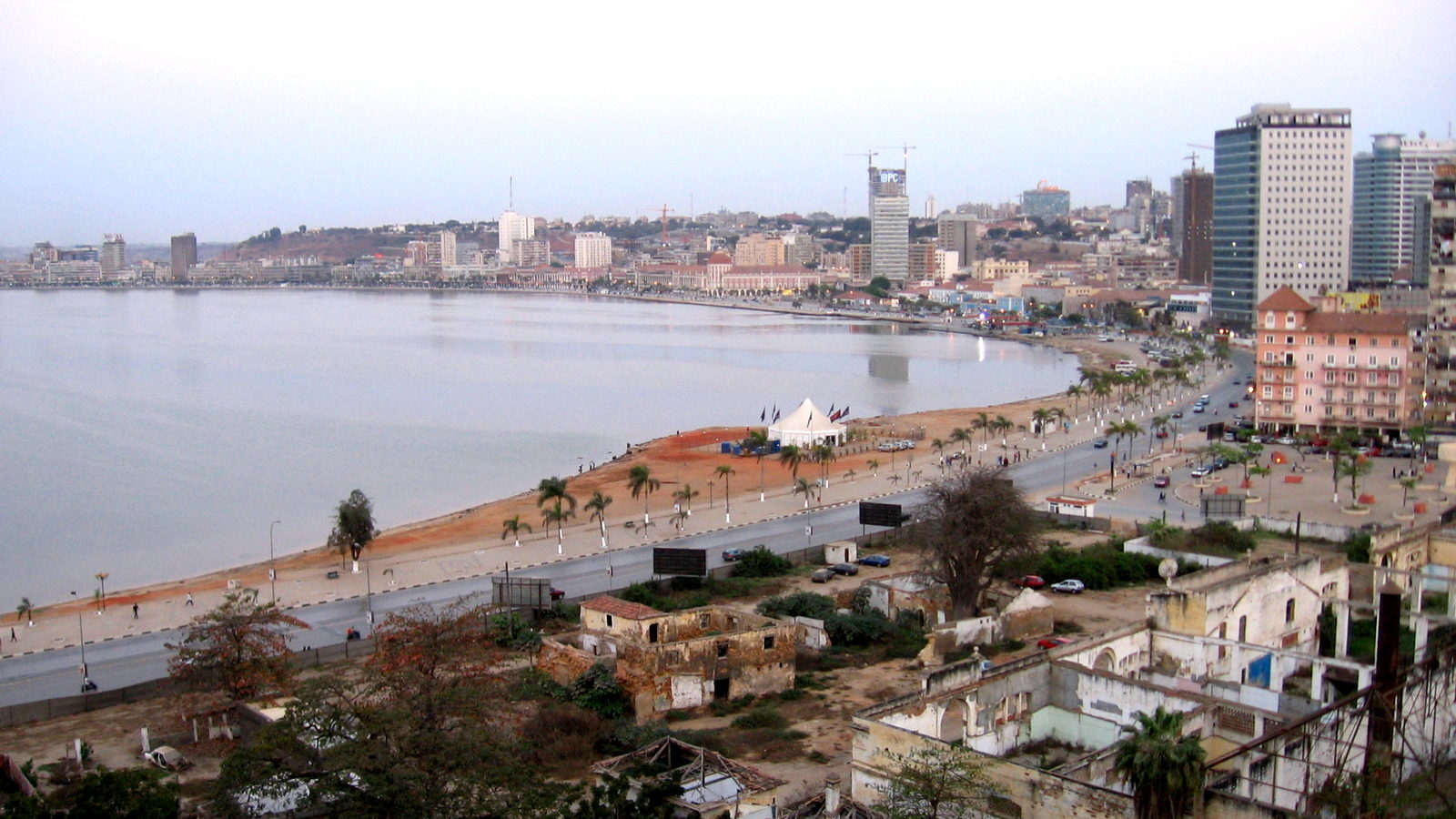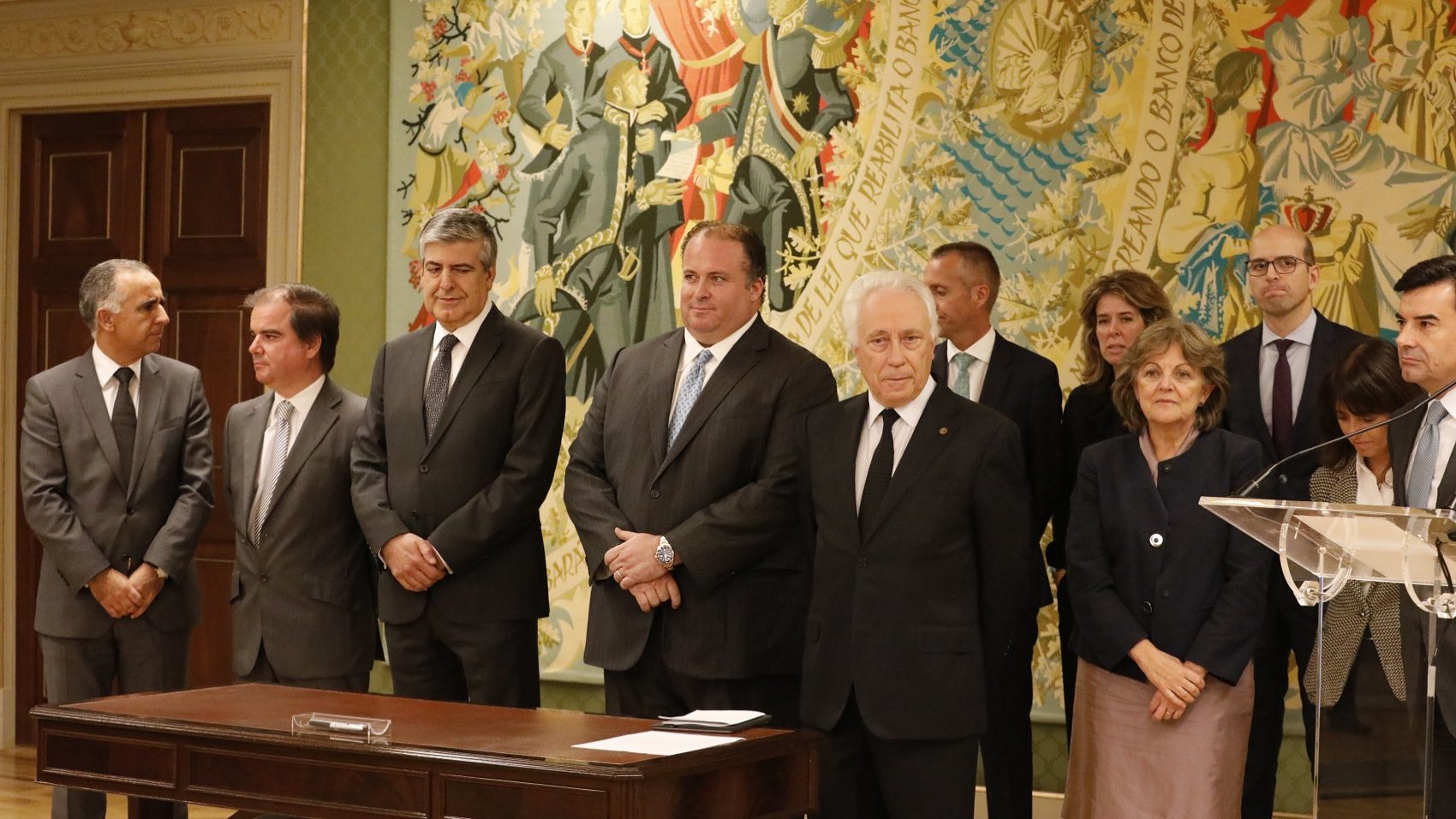PM calls for EU migration system ‘to avoid rerun of past fractures’
Portugal’s prime minister, António Costa, on Thursday called for the creation of a common system for migration in the European Union that can avoid a rerun of the "harmful effects" of past fractures.
Portugal’s prime minister, António Costa, on Thursday called for the creation of a common system for migration in the European Union that can avoid a rerun of the “harmful effects” of the north-south fracture during and after the financial crisis.
Costa, who spoke to reporters on the second and last day of the European Council in Brussels, acknowledged that the idea of ‘landing platforms’ for migrants in third countries had fallen by the wayside, and advocated “a pragmatic approach” to all member states having to take part “in a common system that meets the EU’s international responsibility to accommodate refugees”.
The prime minister argued that each member state should take part in such a common system in accordance with its needs, capacities, and opportunities for inclusion in its societies.
“I think it’s a path we all have to work on together, because it would be terrible for the future of the EU to rerun now, in the context of the migration issue, an east-west fracture,” he said. “Anyone who remembers the harmful effects of the north-south fracture in the economic and financial crisis will certainly not now want to reopen the same fractures with … other cardinal points.”
According to Costa, Portugal itself today not only is in a position to accommodate migrants but needs them, since it lacks human resources “in many areas of activity and various regions” – something that may not be true of all EU member states at all times, he acknowledged.
“There will be other countries that do not have the need to obtain human resources, because they have very high unemployment rates, but they can participate in this system in another way,” he argued. “If we have some intelligence and spirit of real solidarity, we can have here a good system that avoids internal fractures and allows us, respecting the EU’s values, to assume our international responsibilities.”
EU heads of state and government had earlier debated, without controversy, progress made in the field of migration since June’s troubled summit, at which Italy blocked the draft and forcing marathon negotiations.
The European Council has also asked the European Parliament to examine, as a priority, the European Commission’s recent proposals on the directive on returning rejected asylum seekers, on the asylum agency and the European border and coastguard, with a view to ensuring the most efficient use possible of resources and developing common minimum standards for the surveillance of the EU’s external borders, with due regard for the responsibility of member states.




